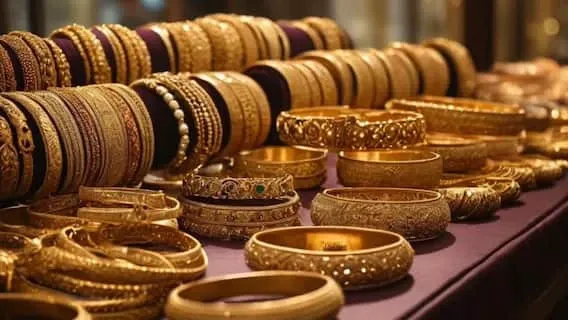The movement reflects a cautious stance among investors amid persistent uncertainty in both domestic and international markets.
In Kolkata, 24-karat gold was priced at Rs 12,191 per gram, while 22-karat gold stood at Rs 11,175 per gram on Thursday. Though the increase was modest, it underscores how closely Indian gold prices track external influences such as global trade conditions, inflation pressures, and interest rate expectations.
Import Dependence Influences Domestic Prices
India's heavy reliance on imported gold continues to shape domestic price movements. Despite official efforts to boost recycling and structured gold collection, recycled metal still accounts for only a minor portion of total supply. Consequently, any change in the rupee's exchange rate directly impacts import costs and, in turn, local prices.
An appreciating rupee typically reduces import expenses, offering consumers temporary relief, while depreciation quickly drives up costs. On Thursday, the rupee's relative strength provided support to domestic prices, keeping them steady despite weaker global signals.
Global Headwinds And Investor Behaviour
Globally, gold's trajectory remains influenced by a mix of economic and geopolitical factors. Shifts in bond yields, monetary policy decisions, and geopolitical tensions continue to drive investor sentiment. Analysts observe that gold's reputation as a safe-haven asset remains intact as investors hedge against inflation and currency volatility.
In Kolkata, steady demand has persisted despite slight fluctuations. Traders note that buying activity could strengthen in the coming weeks, supported by festive demand. While short-term adjustments are expected, gold continues to hold its position as a reliable investment amid ongoing market uncertainty.
